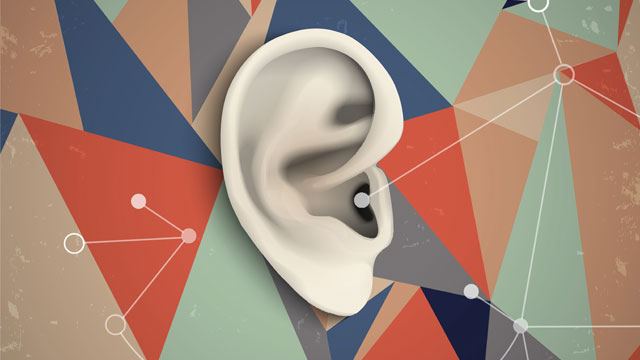 © ISTOCK.COM/A-R-T-U-R
© ISTOCK.COM/A-R-T-U-R
Imagine a continuous ringing in your ears that you know will probably never stop. Or, imagine you are one of the 360 million people worldwide who are losing their hearing. Now consider the many ways those changes will affect your life. Do you see any upsides? This is the bold question Vinaya Manchaiah, an audiology researcher at Lamar University in Beaumont, Texas, has been asking patients with hearing loss and other related impairments for several years. It’s a question, he says, that has real clinical value, and daring to ask it may possibly lead to positive effects.
Manchaiah is aware of the counterintuitive nature of his research. He says the first question doctors ask their patients is, “What’s the problem?” not “What are the benefits ...















